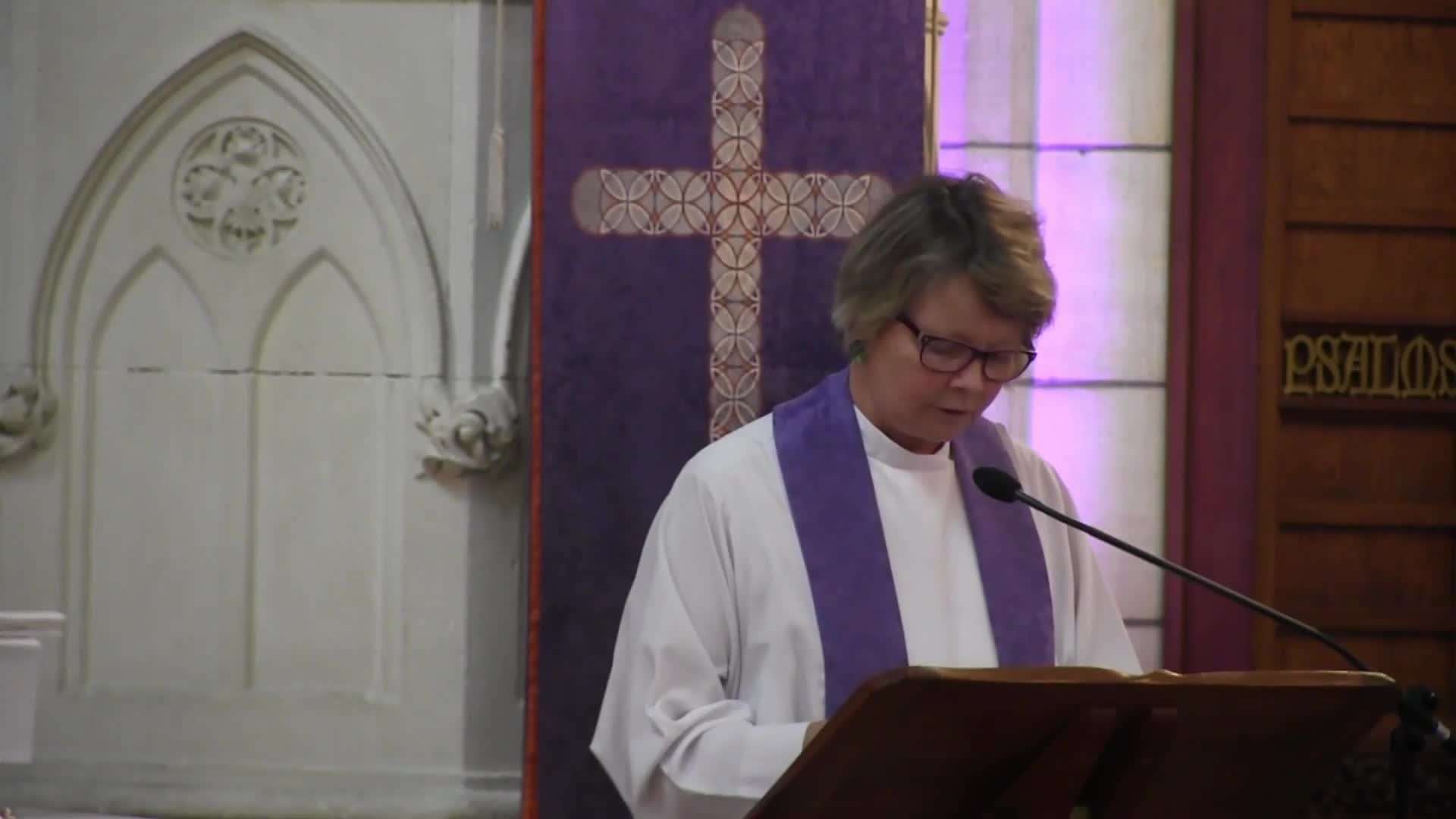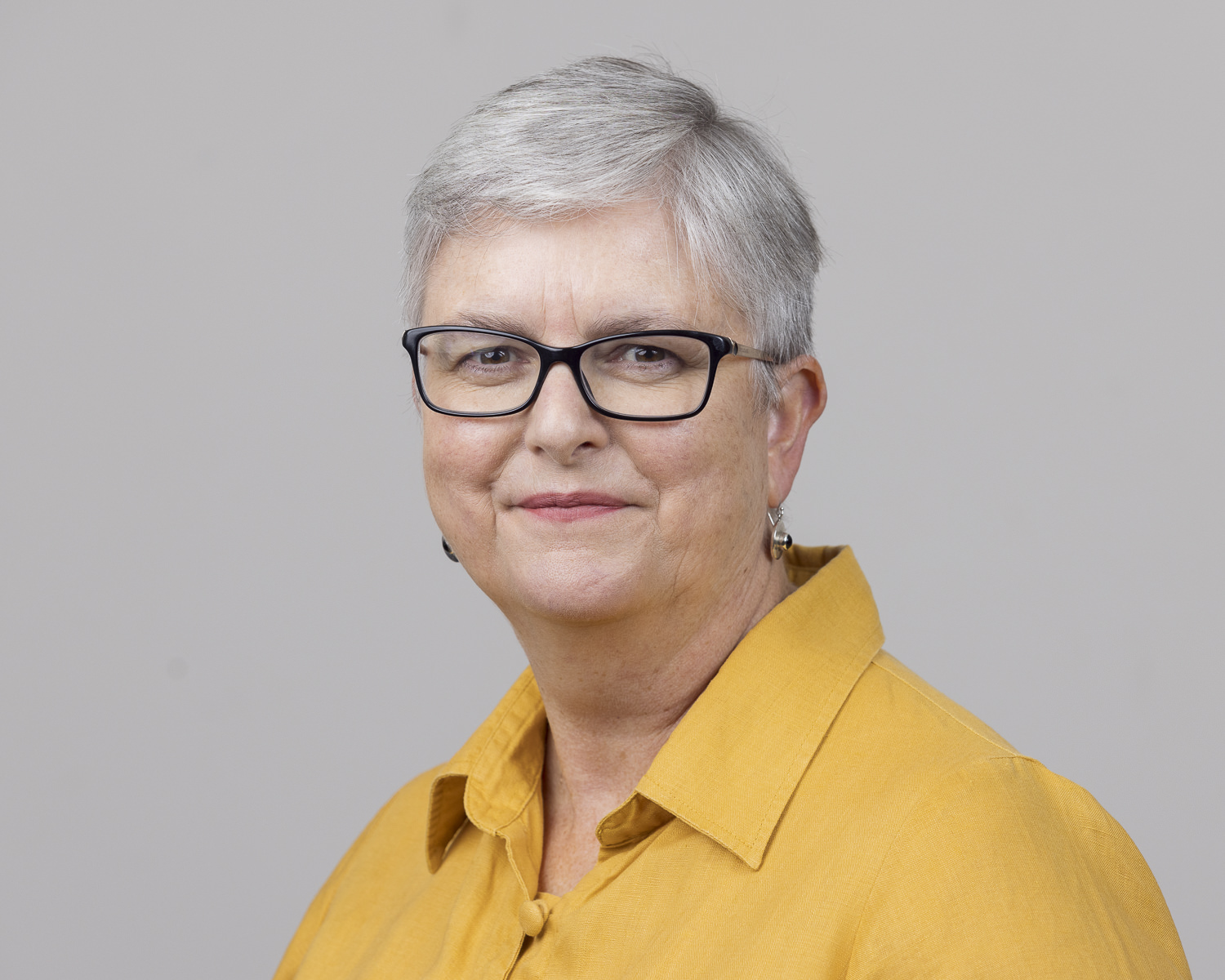
Home
Engagement
Who are we humans in the face of climate change?
Susan Adams reflects on the kind of approach to faith that will help us tackle climate change


What is religious freedom

Matthew's Leadership
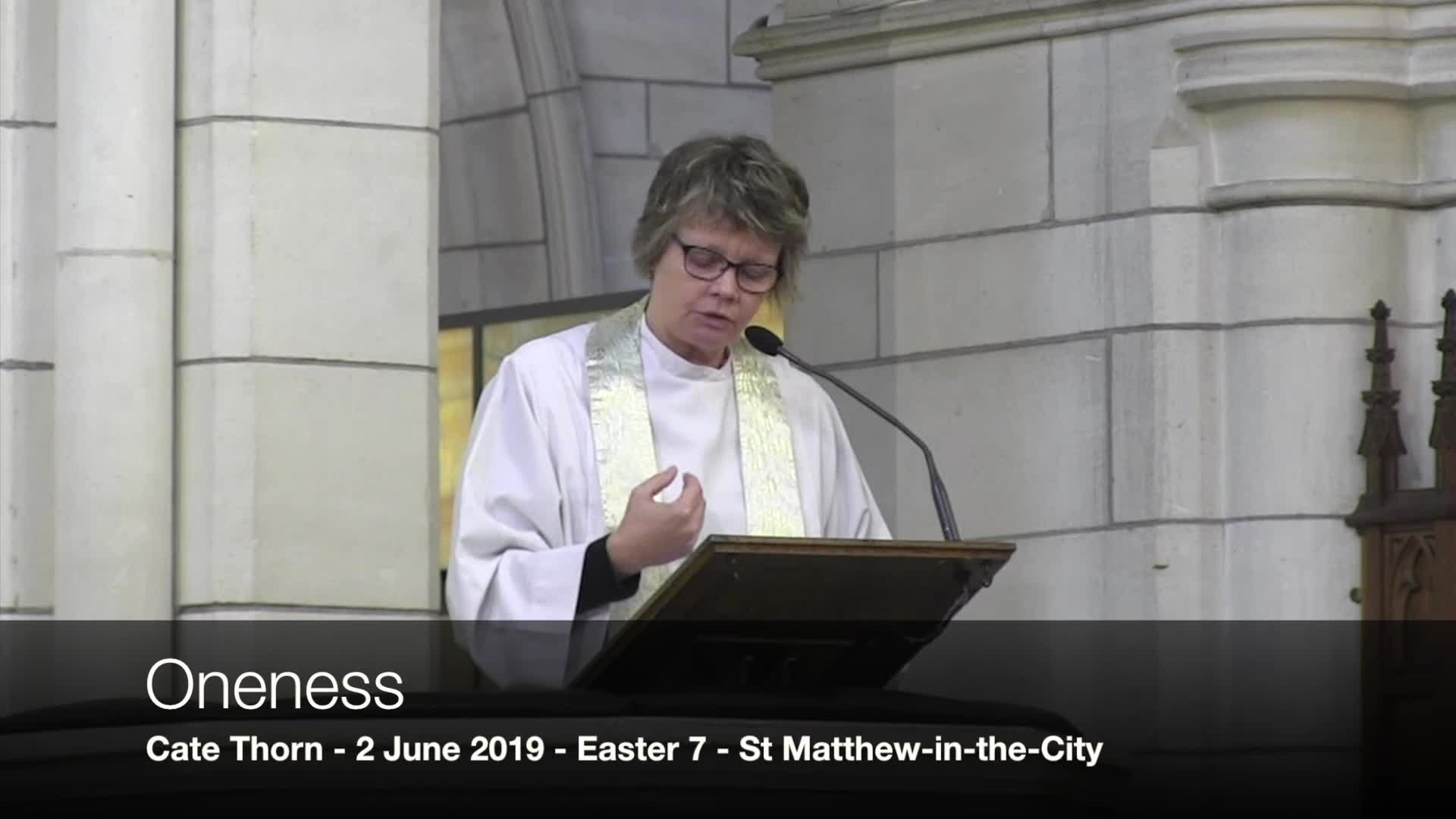
Oneness

Auckland City Mission and St Matthew's
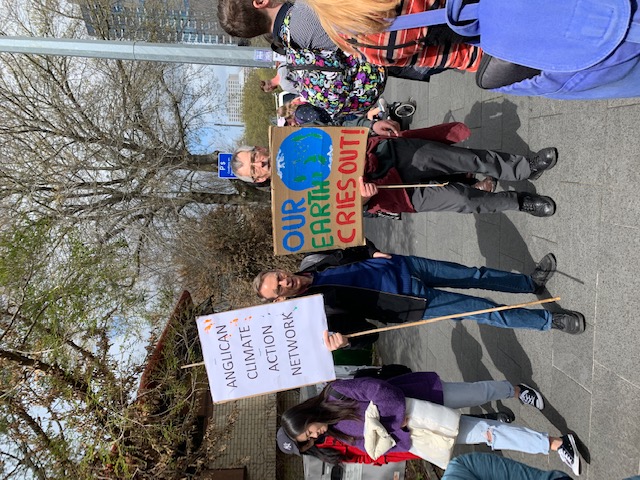
Climate Crisis Statement

Face Slapping 101
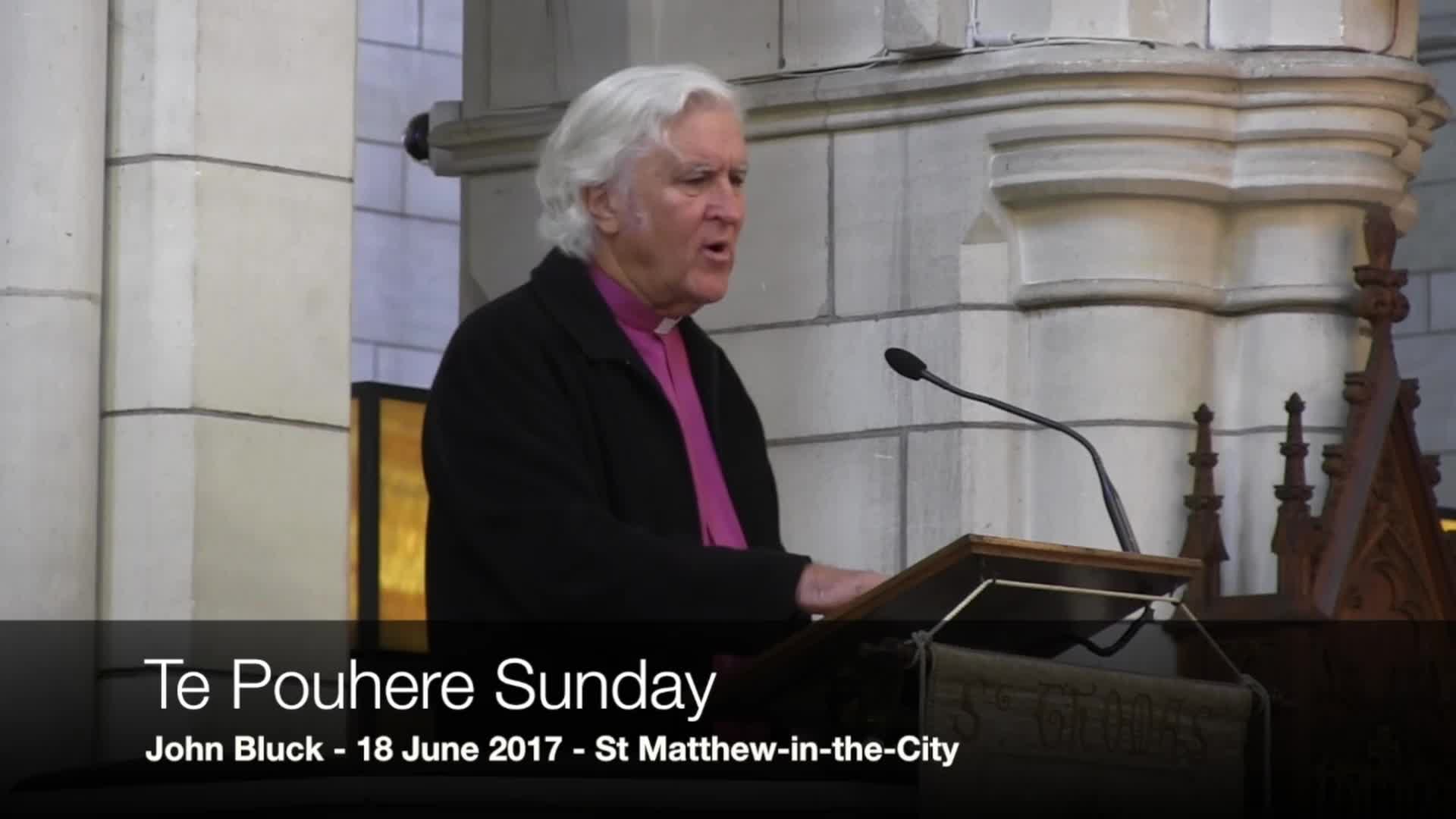
Te Pouhere

Noticing the Slave Girl
